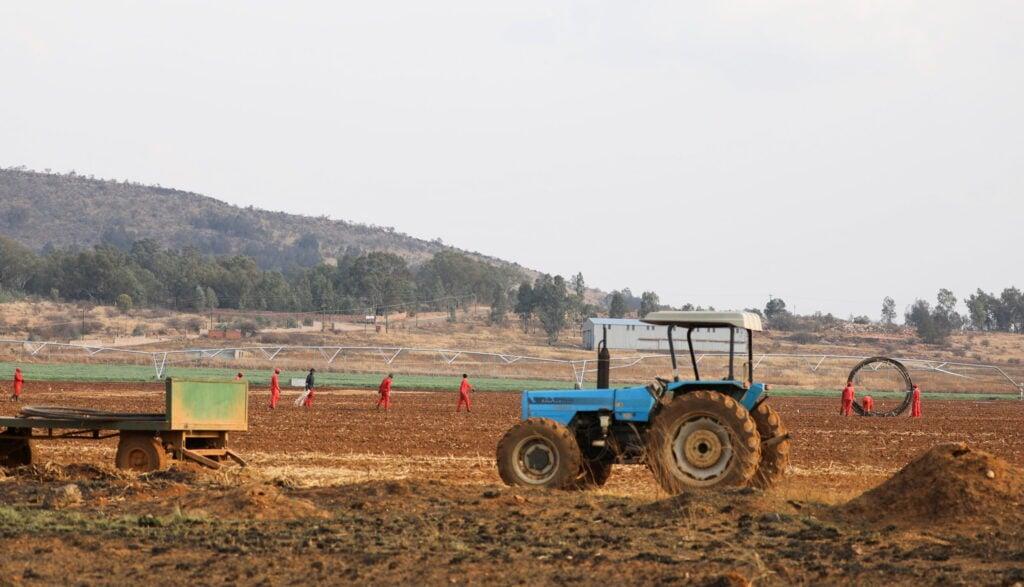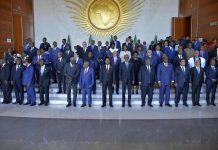Africa-Press – Lesotho. African governments and larger farmers, rather than Russia and Ukraine, hold the key to better regional fertiliser purchasing and distribution.
“The problems are local, not international,” Andrew Prince, founding director of sourcing solutions provider F Curve Agri in Johannesburg, tells The Africa Report.
Prices were rising before the war broke out, he says. The timing of purchases, and the transparency and quality of “monstrously inefficient” government tenders, are the real underlying issues.
On timing, both larger farmers and governments, which purchase to distribute fertiliser to small farmers, routinely fail to buy at the right time given the annual global price cycle, Prince says.
The northern hemisphere’s demand is usually highest in the fourth and first quarters of a year, and the southern hemisphere needs to buy its fertiliser in the second and third quarters.
But large farmers in southern Africa often buy late in the third quarter, believing that this is an efficient “just-in-time” system, Prince says. That leaves them at risk of competing with large-scale northern buyers.
Prince estimates that savings of 15% to 20% would be possible by shifting purchases into the second quarter. His discussions with larger farmers in the region indicate that storage for later use is not a problem.
F Curve Agri was set up by Prince and a co-founder with the aim of connecting local demand with global fertiliser markets. Prince aims to extend the firm’s operations in South Africa to other countries in the region.
He is in discussions with a multinational supplier of agricultural inputs with the aim of using their balance sheet to support the expansion. Government fertiliser tenders need a radical overhaul, Prince says.
Contracts at fixed prices are often set as far as nine months ahead of delivery. That leaves the supplier with an unquantifiable pricing risk. The rigidity of government processes and the dangers of long lead times have been highlighted as prices climbed this year, Prince says.
Some suppliers to southern Africa have been reneging on tenders that they won but can’t deliver on as prices climb. Prince gives Zambia as an example of opaque tendering practices.
Applicants for government tenders are often required to deliver the product into the country before they are even allowed to bid. For the losers, Prince says, it is “close to impossible to re-export the product.
” In some cases, he says, losers end up selling the produce at a discount to a winning bidder who was not bound to pre-deliver. Larger farmers in the region have part of the solution in their own hands, Prince says.
Rather than accepting what is delivered through “push” supply, they need to take the initiative and specify exactly what nutrients are needed. This would reorientate the supply chain from a “push” to a “pull” system, he says.
“A supply chain is the relationship between the farmer and the producer, not between the farmer and the local dealer.
Governments in turn are often taking a “shotgun approach” to their purchases which fails to ensure that the right nutrients are bought for the right farms, Prince says.
For More News And Analysis About Lesotho Follow Africa-Press






